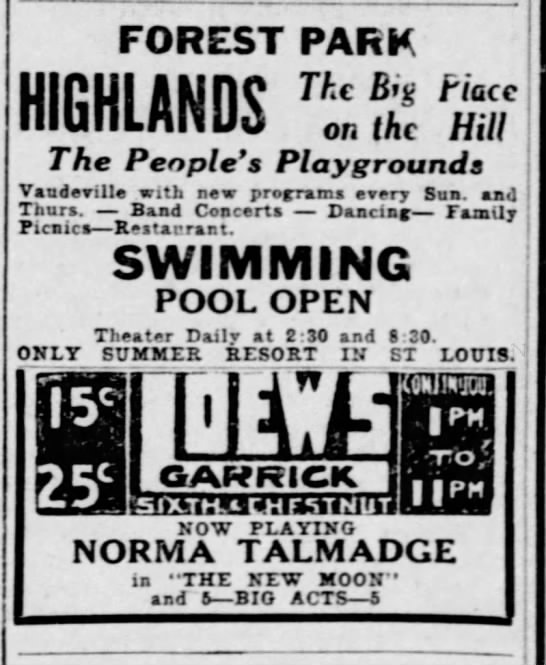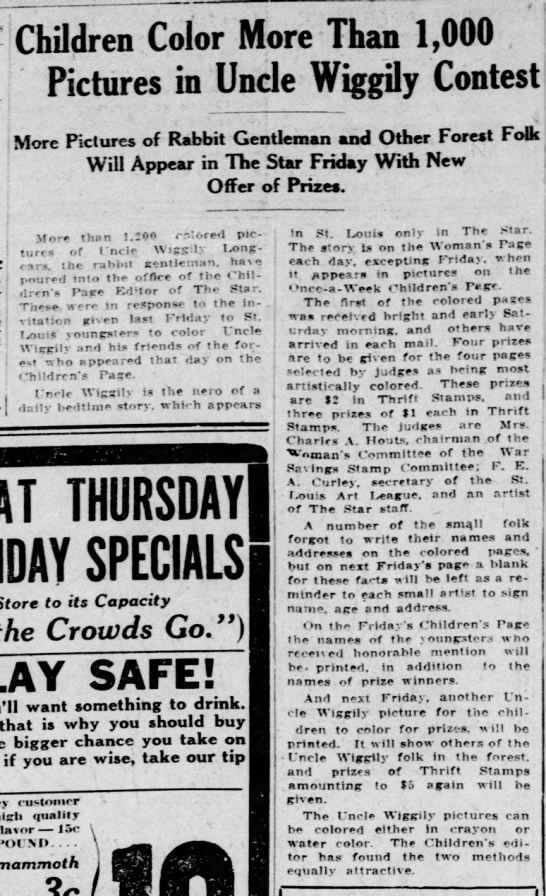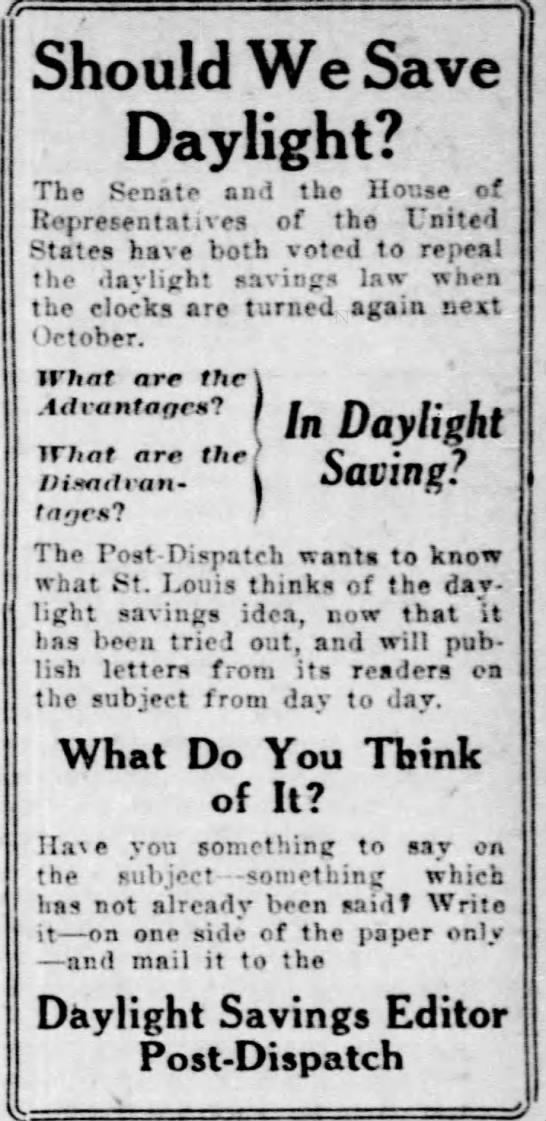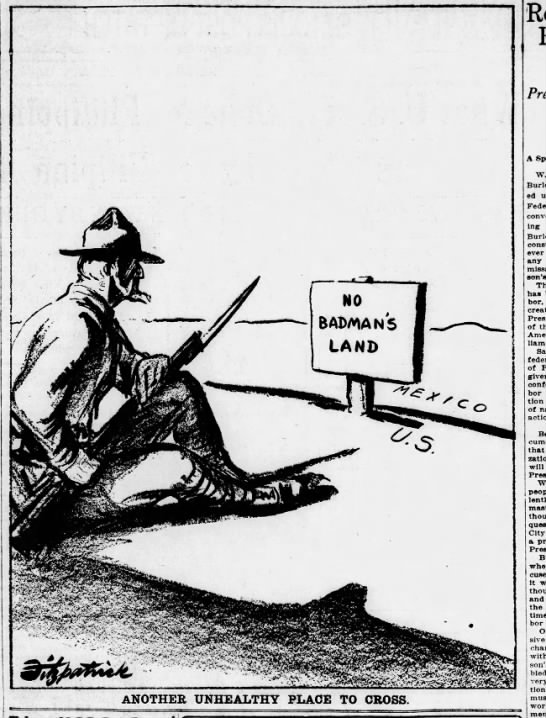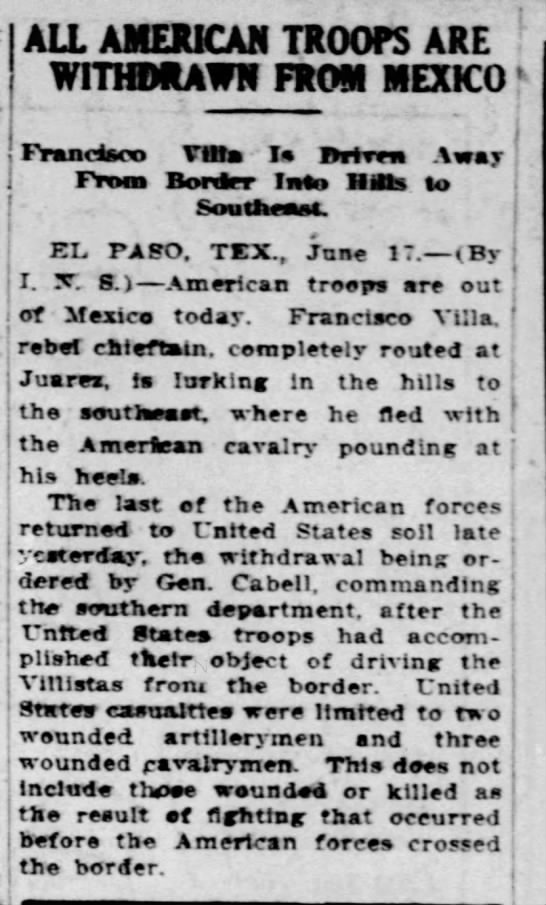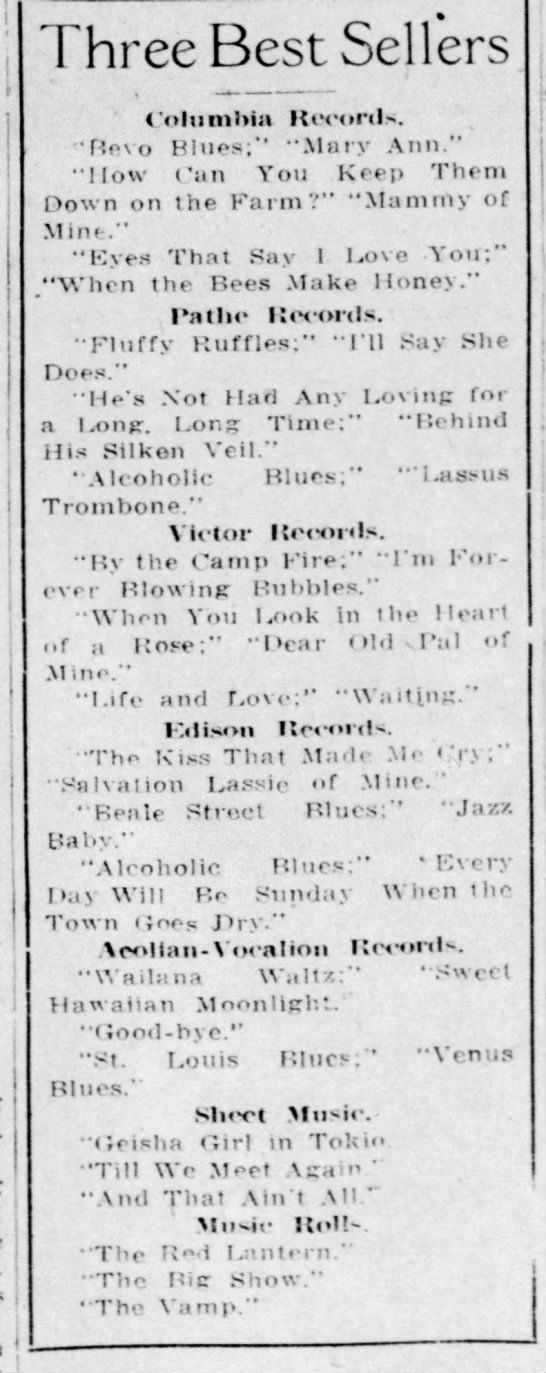"I am in Paris; those who learn this are glad, most of them envy me. They are right. It is a great city; great and full of strange temptations." from The Notebooks of Malte Laurids Brigge by Rainer Maria Rilke
I opened up my copy of Notebooks and was amazed to find underlinings and notations and bent pages and bookmarks. How could I have forgotten this book?
"I have succumbed to these temptations, and this has brought about certain changes, if not in my character, at least in my outlook on the world, and, in any case in my life." from The Notebooks of Malte Laurids Brigge by Rainer Maria Rilke
Also included is Rilke's poem essay Notes On the Melody of Things.
The book is a concise overview of Rilke's life from the young poet seeking a mentor through his development as a writer, including his influences. I was interested to read how Nietzsche's The Birth of Tragedy influenced Rilke.
Beautiful black and white photographs of Rilke's Paris illustrate the text.
An entirely different conception of all things had developed in me under these influences; certain differences have appeared that separate me from other men, more than anything heretofore. A world transformed. A new life filled with new meanings." from The Notebooks of Malte Laurids Brigge by Rainer Maria Rilke
We encounter Rilke as a solitary whose quest for authenticity separated him from others so that even when they were in the same city he only dined with his wife weekly. He believed his mentor, the sculptor Rodin, when he preached that artists must give up personal life and happiness for their art. Rilke had presented himself to Rodin and was taken in, working as a personal secretary in exchange. A break forced Rilke on his own and he took residence in Paris, and over the next twenty years, he returned to "the same Paris" between his wanderings across Europe.
Rilke spent time in the Luxembourg Gardens, observing and learning from the beauty and the ugliness he saw. I recalled one of my favorite paintings from the Philadelphia Museum of Art, In the Luxembourg Gardens by John Singer Sargent, painted in 1879. I always wanted to be transported into that scene.
 |
| In the Luxembourg Gardens by John Singer Sargent, PMA |
"For the moment I find it a little hard because everything is too new. I am a beginner in my own circumstances." from The Notebooks of Malte Laurids Brigge by Rainer Maria Rilke
I love to learn how writers work. Betz offers us a detailed look into the "genesis" of The Notebooks. First came Rilke's encounter with the story of a poet who had lived in Paris for some time, and feeling a failure, died at age thirty-two. Rilke saw the Notebooks as a "sequel to The Stories of God." He became haunted by his imagined poet Malte. He worked on the book for years; "Prose must be built like a cathedral," he wrote Rodin.
"My God, if any of it could be shared! But would it be then, would it be? No, it is only at the price of solitude." from The Notebooks of Malte Laurids Brigge by Rainer Maria RilkeThe Notebooks "is a confession and a lyrical novel of sorts, a study in psychology and a treatise on the interior life," Betz wrote, "a moving example of maturation through solitude and lucid contemplation of the loftiest problems in life." I am glad to have read Rilke in Paris for it has brought The Notebooks back into my life.
I received a free ebook from the publisher through NetGalley in exchange for a fair and unbiased review.
Rilke in Paris
by Rainer Maria Rilke and Maurice Betz*
Translated by Will Stone
Steerforth Press/Pushkin Press
Published 06/25/2019
$15.95 paperback
ISBN: 9781782274742
*Maurice Betz was Rilke's translator.





